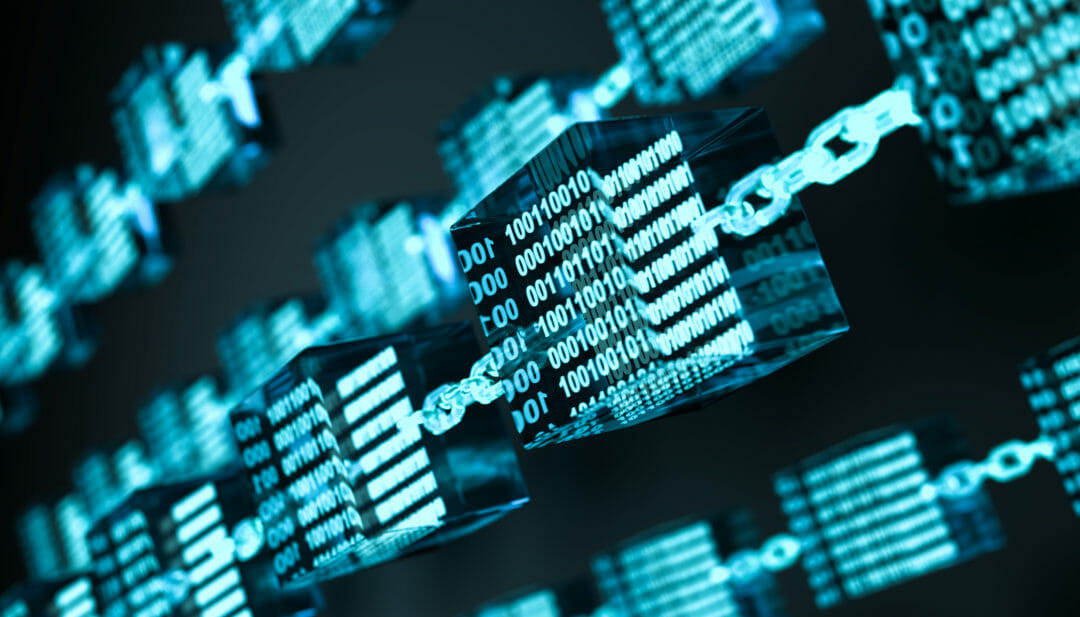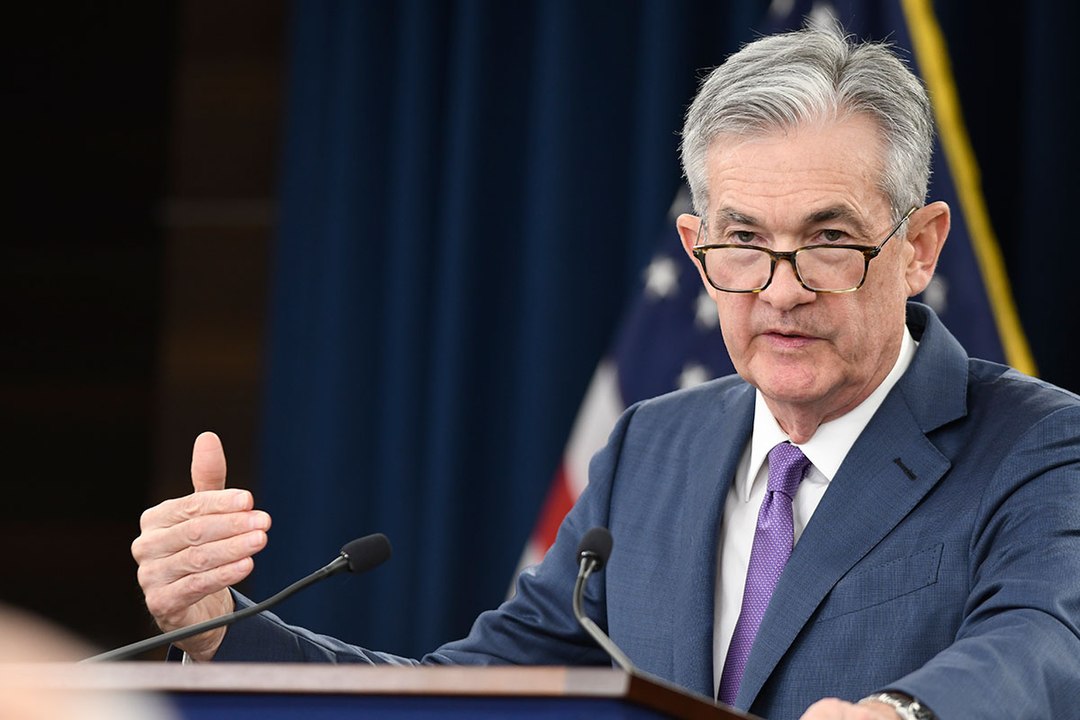US Senate Approves Blockchain for Defense and Supply Chains
10.07.2024 8:30 1 min. read Alexander Stefanov
Blockchain technology is gaining more traction within corporations and governments, showing the potential it holds for the future of many different sectors - from finance to healthcare to military initiatives.
In a recent development, the U.S. Senate Armed Services Committee, chaired under President Joe Biden, has greenlit blockchain technology for bolstering national security and streamlining supply chain management within the Department of Defense (DOD).
This move, outlined in the latest National Defense Authorization Act (NDAA) outlined, highlights blockchain’s potential to enhance data integrity and operational transparency in defense operations.
Amid global competition in blockchain development, the U.S. aims to maintain its technological leadership. Secretary of Defense Lloyd Austin has been tasked with providing a comprehensive assessment by April 1st, detailing blockchain integration across DOD supply chains and estimating required resources.
The committee’s focus is on fortifying defense supply chains against manipulation by geopolitical rivals and improving cryptographic safeguards. There’s also strategic interest in monitoring blockchain advancements in countries like China and Russia.
-
1
XRP Ledger Deploys EVM-Compatible Sidechain to Expand Multichain Utility
30.06.2025 21:00 2 min. read -
2
What the U.S. Blockchain Act Means for Crypto’s Future
29.06.2025 18:00 2 min. read -
3
Top 10 AI and Big Data Crypto Projects by Development Activity
01.07.2025 19:00 2 min. read -
4
Top 10 blockchains by transaction volume in June 2025
06.07.2025 16:00 2 min. read -
5
German State-Owned Development Bank Issues €100 Million Blockchain Bond
11.07.2025 7:00 2 min. read
Tether Ends Support for Five Blockchains in Infrastructure Shift
Tether, the leading issuer of stablecoins, is phasing out support for five older blockchains.
German State-Owned Development Bank Issues €100 Million Blockchain Bond
Germany’s state-owned development bank NRW.BANK has issued a €100 million ($116.7 million) blockchain-based bond, marking one of the largest public-sector entries into digital securities in Europe.
Top 10 blockchains by transaction volume in June 2025
New data highlights a dramatic lead for Solana in blockchain activity for June 2025. According to the figures, Solana processed a staggering 2.98 billion transactions, far outpacing all other chains in the ecosystem.
Top 10 AI and Big Data Crypto Projects by Development Activity
According to new insights from market intelligence platform Santiment, development activity in the crypto sector’s AI and Big Data segment remains strong, with several major projects showing notable GitHub activity over the past 30 days.
-
1
XRP Ledger Deploys EVM-Compatible Sidechain to Expand Multichain Utility
30.06.2025 21:00 2 min. read -
2
What the U.S. Blockchain Act Means for Crypto’s Future
29.06.2025 18:00 2 min. read -
3
Top 10 AI and Big Data Crypto Projects by Development Activity
01.07.2025 19:00 2 min. read -
4
Top 10 blockchains by transaction volume in June 2025
06.07.2025 16:00 2 min. read -
5
German State-Owned Development Bank Issues €100 Million Blockchain Bond
11.07.2025 7:00 2 min. read


